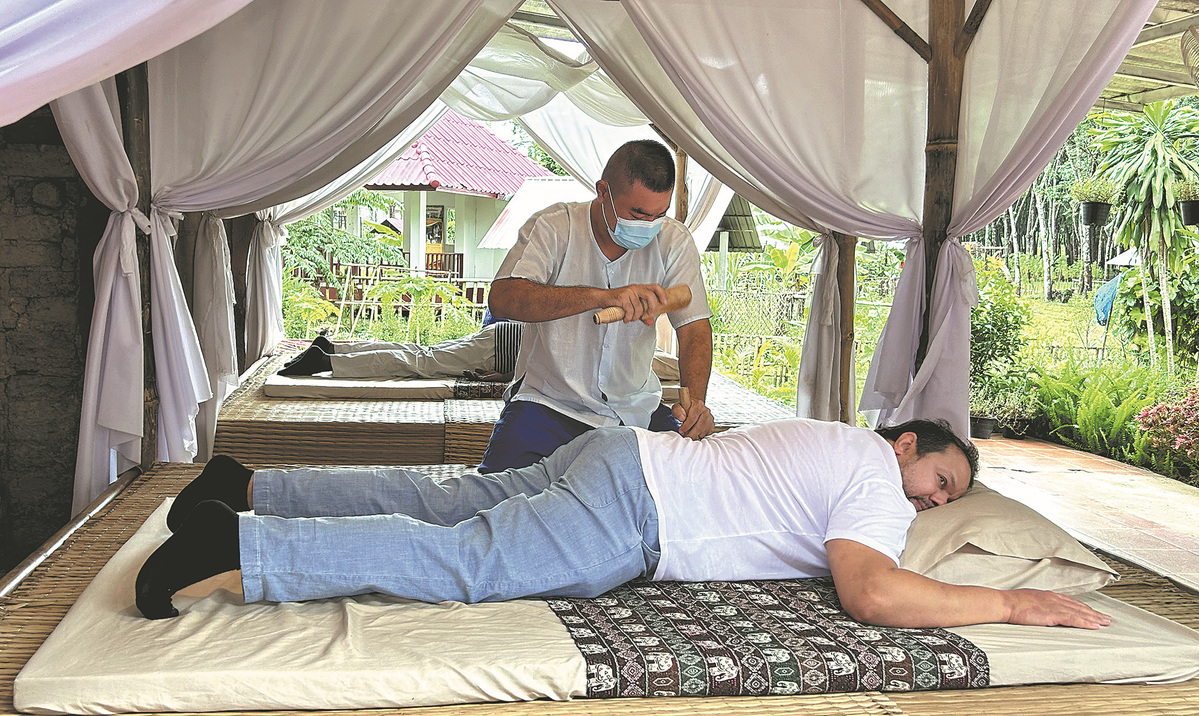Project weans villagers off illegal drug trade


Learning center
As farming is the main occupation of this community, agricultural experts have been invited to look at the possibility of establishing an integrated farming system in the project area. A 12-hectare demonstration plot has been set up, which serves as a learning center for community members.
The plot is divided into sections with different themes, including fruit trees, agricultural self-sufficiency, irrigation techniques, and even nurseries for saplings. Study trips are organized for farmers to encourage their passion for learning.
The problem of illicit drugs poses serious threats to global security and stability.
From 2008 to 2017, worldwide seizures of amphetamines and methamphetamines rose from 8 metric tons to 70 tons, data from the UN Office on Drugs and Crime show. The Office predicts that the figure will grow to 132 tons in 2027, having risen 16-fold in 20 years.
The annual value of the illicit drug market in Southeast Asia is estimated at 495 billion baht ($13.65 million). As Thailand shares more than 25 percent of this total, the government has allocated a significant amount to combat the illicit drug issue.
Narong Apichai, operational development president at the Mae Fah Luang Foundation, said that in addition to crime and violence, the problem of illicit drugs has been attributed to poverty, which is why many people become involved with such activities.
"Roi Jai Rak literally means 'joining hearts to preserve and protect'.An effective approach to tackling the problem of illicit drugs is to address the root causes, which are poverty and lack of opportunity," Narong said.
The project, which has benefited nearly 5,000 residents, covers an area of 5,939 hectares, and involves four main villages in northern Thailand-Huay San, North Meung Ngam, South Meung Ngam and Suk Reutai — and 20 smaller villages.
"It provides a well-structured development model, with people at the learning center helping villagers to assist themselves. With such sustainable measures, the community no longer needs to rely on illicit drugs or other illegal activities," Narong said.


















